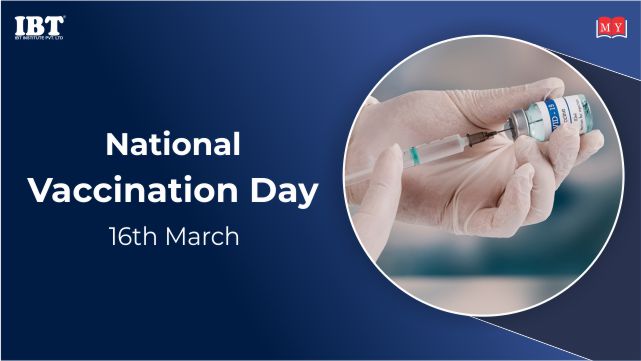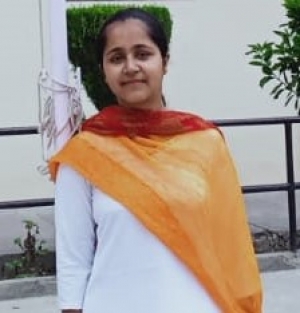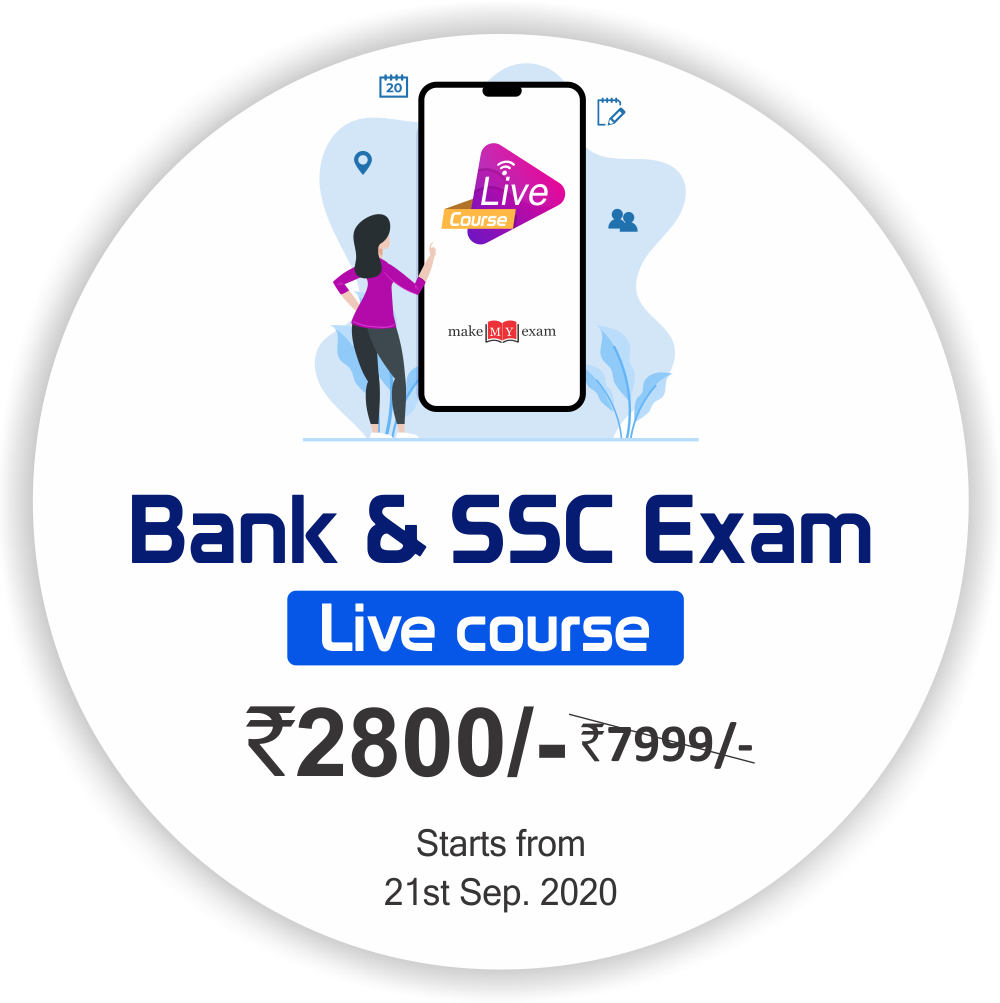National Vaccination Day: 16th March

National Vaccination Day: 16th March
National Vaccination Day, highlights the importance of vaccines in disease prevention and public health. The day aims to spread awareness about immunization and its role in eradicating life-threatening diseases. It is also an opportunity to acknowledge the contributions of healthcare workers, scientists, and policymakers who work tirelessly to improve global health. National Vaccination Day serves as a reminder of how vaccines have transformed global health by eradicating deadly diseases and improving life expectancy. As India continues its efforts toward universal immunization, public participation and awareness remain key to achieving a healthier future.
History of National Vaccination Day
India started celebrating National Vaccination Day on March 16, 1995, to mark the launch of the Pulse Polio Immunization Program. This initiative aimed to eliminate polio through mass vaccination campaigns, and it played a crucial role in India being declared polio-free by the World Health Organization (WHO) in 2014.
The day also commemorates the continued efforts to control and eradicate other vaccine-preventable diseases like measles, rubella, diphtheria, and hepatitis.
Significance of National Vaccination Day
- Spreads Awareness About Immunization: The day educates people about the importance of vaccines in preventing diseases and protecting future generations.
- Recognizes Healthcare Workers: It honors the dedication of doctors, nurses, and frontline health workers who administer vaccines and ensure public health safety.
- Encourages Universal Vaccination Coverage: Governments and health organizations use this occasion to promote vaccination drives, especially in remote and underserved areas.
- Reminds People About Routine Vaccination: It highlights the importance of timely vaccinations for children and adults, including booster doses and new immunization programs.
- Boosts Confidence in Vaccines: With misinformation about vaccines spreading in some communities, this day serves as a platform to reaffirm trust in scientifically backed immunization programs.
Vaccination Milestones in India
-
1978: India introduced the Expanded Programme on Immunization (EPI).
-
1985: The EPI was renamed the Universal Immunization Programme (UIP) to expand vaccine coverage.
-
1995: The Pulse Polio Immunization Programme was launched, which led to India's polio-free status.
-
2014: India was officially declared polio-free by WHO.
-
2021: The COVID-19 vaccination drive became one of the world’s largest, helping control the pandemic.
Recent Developments in Vaccination in India
-
The Mission Indradhanush initiative aims to achieve 90% full immunization coverage for children and pregnant women.
-
Introduction of newer vaccines like the HPV vaccine for cervical cancer and Pentavalent vaccine for multiple diseases.
-
Expansion of COVID-19 booster dose programs to protect against emerging variants.
1 like |
0 comment
 4.5/5
4.5/5








